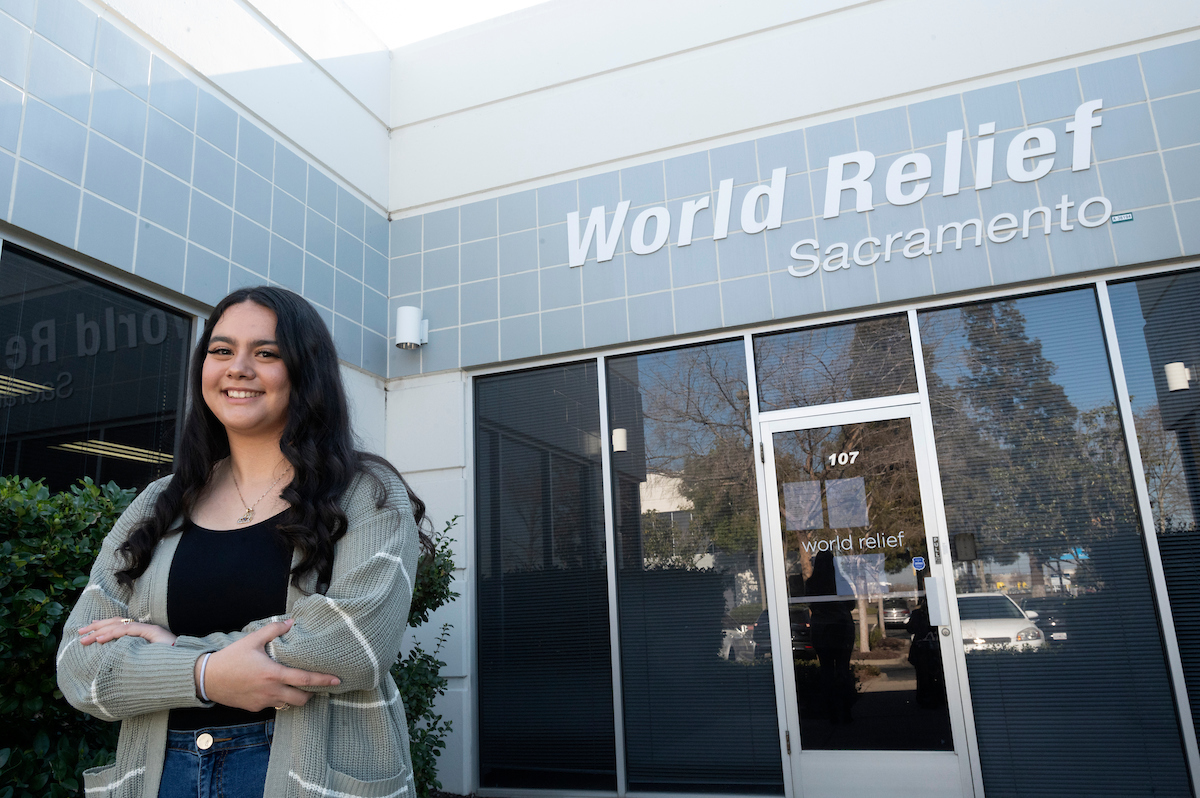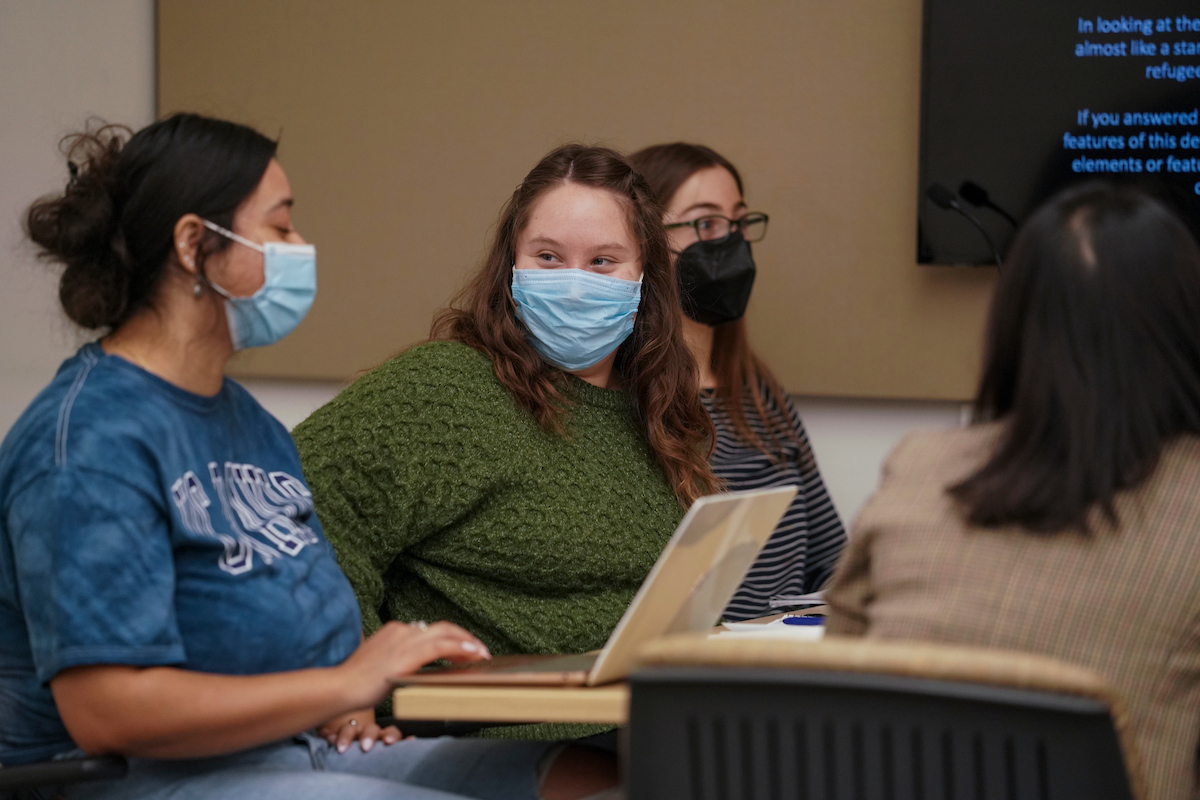Your college experience should be much more than selecting a major and taking required classes to obtain a degree. Your college experience should challenge you to explore what you want to do in the future, enhance your critical thinking skills through hands-on learning, and help you build meaningful relationships. The Quarter at Aggie Square Program (QAS) at UC Davis offers all three of these important elements of college. In this interdisciplinary program, cohorts of 25 students or fewer take several classes together while working at an internship organization — all based around a social issue or theme. Together, they learn from highly engaged professors at UC Davis’ urban Sacramento campus.
1. Explore immersive education and internships

There are so many new and exciting ways to gain experience that some students are unsure where to begin. Determine some of the topics or issue areas you are interested in and seek out resources, such as the Internship and Career Center. Students enrolled in Quarter at Aggie Square (QAS) are not only learning about the topics they care about in their classes, but also participating in internship or research projects related to these topics in the same quarter. A unique part of the program is that you work directly with community-based partners or professors who have expertise. You collaborate with each other to make a positive impact. Internships coupled with reflective assignments help you develop skills that can give you a competitive advantage and help you clarify your future aspirations.
Pro tip: Employers love to see applicants with related or transferable experience. Participating in a QAS cohort gives you the experience you need to stand out on job applications.
Current Quarter at Aggie Square Experiences
2. Engage with your community

QAS students engage with the community they are learning about, which gives them a unique understanding of the fields they are interested in. What does this look like over the course of a quarter? One of the unique parts of QAS is that each student takes part in an internship related to their courses for that quarter, and they work directly with communities in Sacramento. Students learn firsthand about local issues, and they often relate these issues back to their home communities as well.
Students engage directly with the community and interact with guest lecturers from community partners and members. QAS students are encouraged to think critically from a variety of angles and examine related policies as well as historical, current and future impacts to consider tangible solutions. This firsthand experience helps students learn how to be an effective part of the solutions that communities want.
Another part of what students gain from the QAS experience is self-development and self-discovery. Many of the experiences critically analyze issues that are relevant to students. By engaging with these issues, students are able to discover more about themselves and the communities around them that will help them become effective global citizens and consider options for their future.
It’s just about community. It’s about community building. It’s about people who come from different races, different ethnicities, different backgrounds. We collectively come up with an educational plan or a vision of what we want the future to be like as an educator.” — Silana Smith, Transformative Justice Studies Cohort
3. Build meaningful relationships

Developing professional networking skills and building lasting relationships can be hard as a college student. QAS offers an opportunity to build such relationships. Because you are engaging with a small group of students, your relationships with the faculty are easier to maintain and grow because you spend more time together. If you need a recommendation letter for any reason, reaching out to your QAS professor would garner you a personalized and thorough recommendation letter. The faculty members know you better after working closely with you.
Due to the nature of a low student-faculty ratio during the course of the quarter, the faculty get to know the students’ interests, aspirations and strengths. Students build meaningful relationships with their peers who have similar interests and often take classes with each other after their Quarter at Aggie Square experience.
As you consider what you want for your overall college experience, seek out programs and opportunities to learn beyond the classroom so that you can make informed decisions about your future. With the help of your advisors, plan these kinds of experiences into your academic path. Develop a network of peers, professors, and others who will support you on your journey. Become critically aware of issues that matter to your community and learn more about yourself through new experiences to enhance your college experience and beyond.
Angela Taylor is the program lead of Quarter at Aggie Square. Contact her to learn more at qas@ucdavis.edu.
